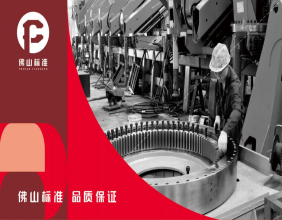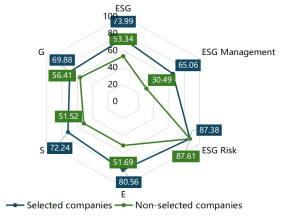Tyro Payments Limited (ASX:TYR), an Australian fintech company, has a diverse shareholder base, with retail investors leading the charge. Retail investors collectively own 54% of the company’s shares, making them the most influential group when it comes to key corporate decisions. This ownership structure means that individual investors, not large financial institutions, have the greatest potential to gain—or lose—depending on the company's future performance.
Institutional Ownership Brings Credibility but Not Control
Institutional investors hold a 30% stake in Tyro Payments, signaling a strong level of credibility within the investment community. The presence of institutional investors, which typically seek out companies included in benchmark indices, suggests that Tyro has garnered attention from larger financial entities. This institutional backing can often reflect confidence in the company’s growth prospects and financial health.
However, institutional ownership does not come without risks. Institutions are known to exit their positions quickly if they lose confidence in a stock, potentially causing sudden drops in share price. While their involvement adds a layer of validation, it's important not to rely solely on their presence as an indicator of long-term stability.
Hedge Funds and Key Shareholders
Hedge funds also have a stake in Tyro Payments, controlling 6.2% of the company's shares. Hedge funds are often active investors, known for pushing for changes to unlock short- to medium-term value. With such a stake, hedge funds could exert pressure on Tyro’s management to implement strategies that maximize shareholder returns in the near term, which might not always align with the company’s long-term goals.
Among the largest individual shareholders, Regal Partners Limited tops the list with 6.2% of shares, followed by Yarra Funds Management Limited with 5.7%, and Aware Super Pty Ltd, which holds 4.9%. These major shareholders collectively own a substantial portion of the company, but interestingly, the top 25 shareholders as a group control less than half of Tyro's shares. This highlights a dispersed ownership structure where no single entity has dominant control, leaving more room for retail and smaller investors to influence key decisions.
Insider Ownership: Aligned Interests or Conflict of Interest?
Insiders, including Tyro’s board members and top executives, also have a stake in the company, holding AU$44 million worth of shares, which represents a notable portion of the company’s AU$541 million market capitalization. While insider ownership is generally seen as a positive signal, indicating alignment between management and shareholders, it can also lead to potential conflicts if insiders prioritize personal interests over those of the broader investor base.
Monitoring insider activities, such as buying or selling shares, can provide insight into management's confidence in Tyro's future. While the insider ownership level is not overwhelming, it’s enough to suggest that the management has a vested interest in the company’s success.




